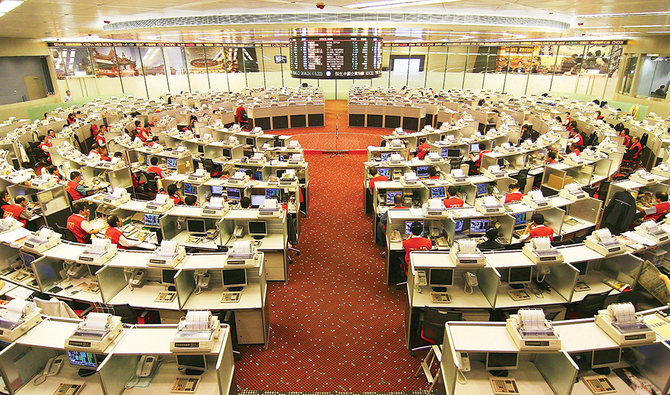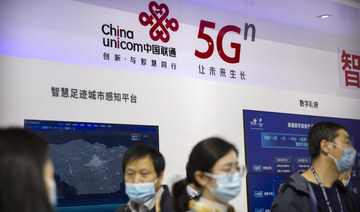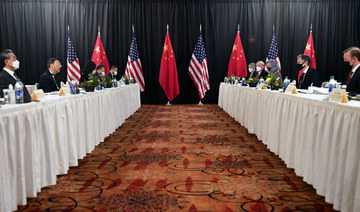SHANGHAI: China’s top securities regulator on Saturday urged underwriters to tighten scrutiny on companies seeking to list their shares, vowing to punish those trying to bring “sick” companies to the initial public offering (IPO) market.
Yi Huiman, chairman of the China Securities Regulatory Commission (CSRC), told a forum that recent China stock market volatility is “natural,” and risks “controllable,” but cautioned against “harmful” foreign hot money flows.
Yi’s comments come amid rising fluctuations in domestic and global stock markets, as well as signs Chinese regulators are tightening the screws on IPO approvals.
“The registration-based IPO system does not mean looser vetting requirements,” Yi said in the speech, which was published on CSRC’s website.
It means providing investors with “investable” companies that have more value, so “requirements on gatekeepers are actually higher,” he said.
China has adopted a US style, registration-based IPO system on Shanghai’s Nasdaq-style STAR Market, and Shenzhen’s startup board ChiNext, in a bold reform designed to give market a bigger role in evaluating IPO candidates.
But since December, stock exchanges have stepped up IPO inspections, leading to a growing number of companies canceling their IPO plans.
To justify the move, Yi said that China has the world’s biggest retail investor base of 180 million, so regulators need to make sure listing candidates make full and high-quality disclosures, and comply with China’s industrial policies.
Many underwriters “wear new shoes but walk on the old path,” and they must step up their due diligence and shoulder more responsibility, Yi said.
Commenting on stock market volatility, Yi said that risk is controllable, as current leverage in China’s A-share market is not excessive.
However, he said China should strictly control massive inflows and outflows of hot money, while continuing to encourage normal cross-border liquidity flows.
“For any market, big inflows and outflows of hot money would be detrimental to healthy development, and must be severely controlled,” Yi said.






















